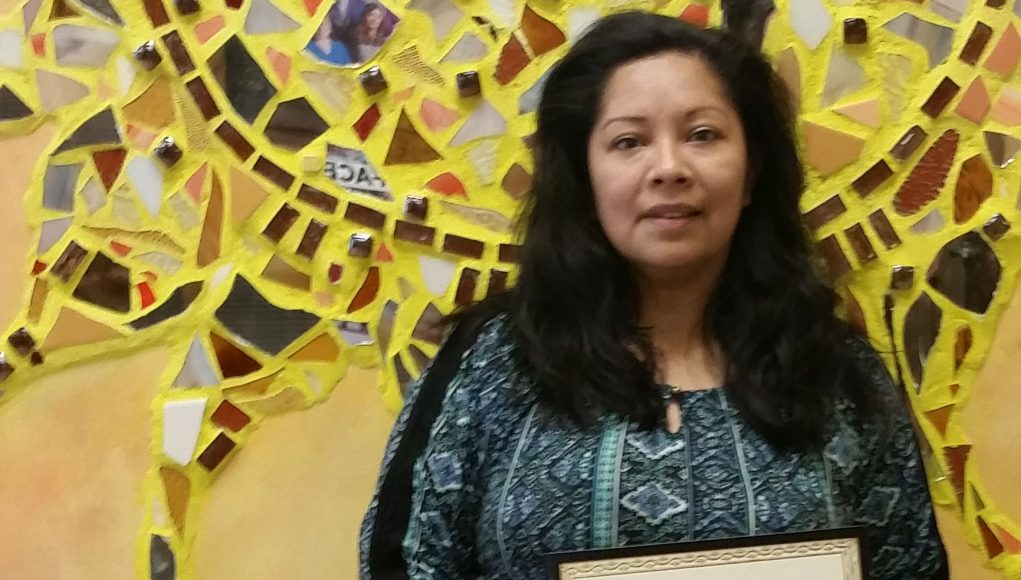Despite serving over 5,000 members of Dane County’s Latino population annually for more than 30 years, Centro Hispano is still looking for ways to expand its reach and increase the services it offers.
The most recent initiative to that end trains community health workers, or promotoras, to facilitate a 12-month health program for mothers within the first year of their child’s life.
After years of research and surveying the community in numerous forms, the organization wanted to find ways to address expressed community needs, and access to resources for new moms turned out to be a big need, according to Centro director of adult programs, Mariela Quesada Centeno.
“Research data has shown that even though Latinas have good birth outcomes, compared with other communities, in the period after they give birth, many of them fall through the cracks in terms of medical care,” Quesada Centeno said.
Centeno had been observing many leaders within the Latinx community trying to find people who may be interested in participating in the community health training. After inviting 10 people to go through an assessment and interview process five women were chosen and another was added later on. All six promotoras happen to be mothers themselves.
Since January the promotoras have been training with health professionals throughout the Midwest gathering knowledge on best practices and resources on maternal health care such as breastfeeding, nutrition, postpartum depression, sexual education for couples, and infant health needs.
In partnership with UW Health and Access Clinics, Centro was able to reach out to expecting mothers to participate in the program.
“We saw a need and an opportunity at Centro and at the community level, a need at Centro in terms of expanding services and staff and the need in the community in terms of having more services provided,” said Quesada Centeno.
The promotoras training has been on-going and they began meeting with new mothers in March. Sessions are once a month and allow the mothers to talk about whatever they want regarding new motherhood.
“The promotoras are able to provide a space where moms sometimes for the first time, are able to talk about the things that they’ve been holding inside or they have doubts that they didn’t feel they could express,” said Quesada Centeno, who wanted the promotoras to be trained in helping the mom holistically.
Following the sessions promotoras debrief with health care professionals learning better practices for addressing community needs, while also providing a more in-depth cultural understanding to healthcare providers. It is what Quesada Centeno calls a bilateral education process. Promotoras themselves receive cultural competency training for other ethnic and racial groups as well LGBTQ+ needs.
Promotoras also debrief with one another on what went well and what they could improve on.
“We are providing them with as much coaching and training as possible but we’re also saying just go and do it,” said Quesada Centeno. “The best way to learn is to make mistakes, though there are some mistakes that can’t be made, but things come with learning and they are realizing that learning hurts.”
Maternal health care is not the only area that promotoras are trained in. Surveys from the Latinx community also expressed needs for elder care, mental health, and food access service.
At the moment, though, programming assisting new mothers was the most reasonable to address due to the availability of partners and funds.
Both the promotora training and the assistance program for mothers are intended to continue with promotoras receiving more expansive trainings and mothers enrolling in the program on a rolling basis based on need.
As of now promotoras are working on a volunteer basis, but Quesada Centeno is working to secure funding onto compensate them.
“We really want to harness community power and use community assets that are there that we don’t have to invent or bring from other places,” Quesada Centeno said.




























